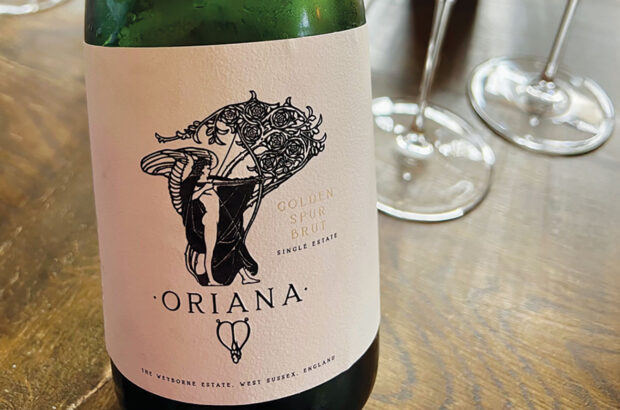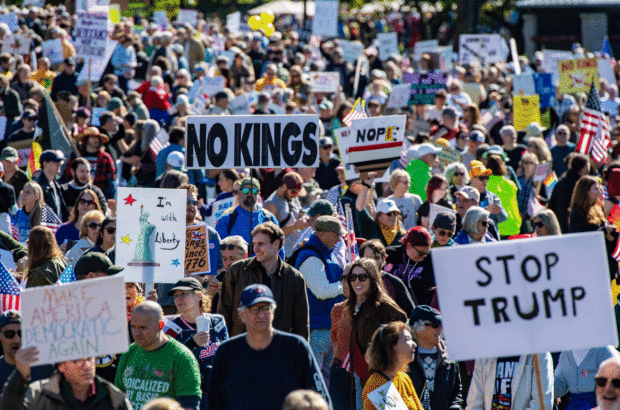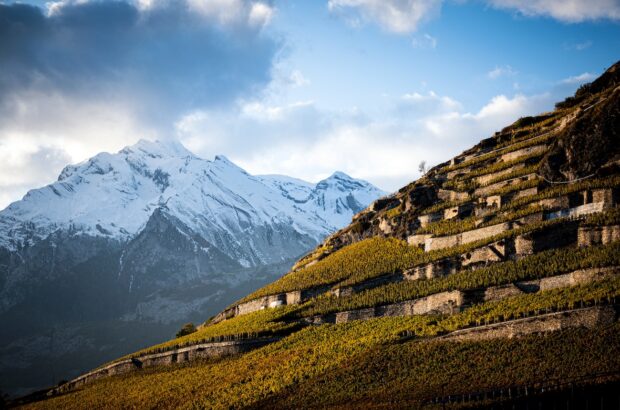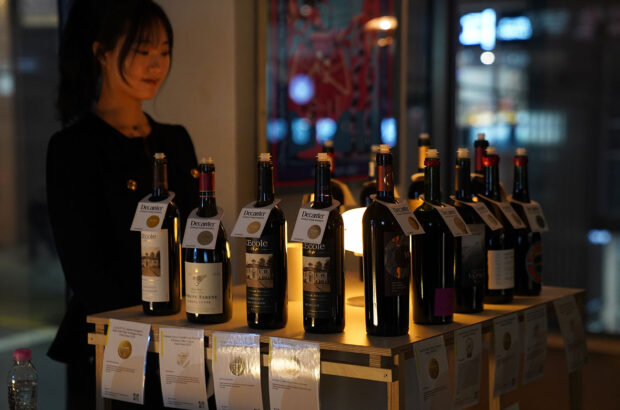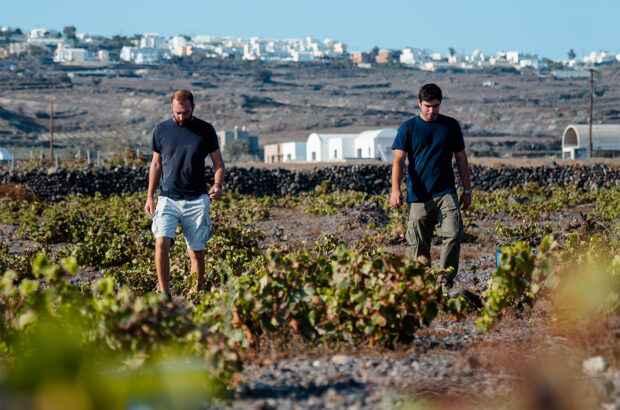Pinot Noir
Chardonnay
Recent reports confirm that the 2018 vintage is truly exceptional for Champagne. Special mention goes to the Pinot Noir, which ripened perfectly, but the Chardonnay is also outstanding. Initial results are wines that are dense yet fresh and should be long lasting.
2018 is destined to be remembered for producing both quality and quantity, but it’s also a game-changing vintage. This current assessment is in striking contrast to the feeling of trepidation felt during the heavy rains, leading to the need for constant vigilance and a substantial increase in the amount of work to be done in the vineyard in order to prevent the outbreak of fungal diseases such as mildew or powdery mildew. A few isolated hailstorms led to crop loss, notably in the Côte des Bar sector in the southern part of the region.
Fortunately, early summer was accompanied by a welcome change in weather, bringing hot, sunny, and, importantly, dry days. Occasional showers brought welcome relief to the parched vines, and kept hydric stress at bay, allowing for optimal ripening at a gradual pace in ideal conditions that resulted in an early harvest, commencing on 20 August.
It was also, in the end, a relatively stress-free vintage for the producers. Gilles Descôtes, Bollinger’s cellarmaster, relates his personal experience of the 2018 season: ‘I experienced this vintage as a relief. As in 2017, we began picking in August, but this time, everything was superb. 2018 is my 26th vintage and I have never seen anything like it.’
Such favourable climatic conditions produced not only a ripe and clean crop but also a generous harvest, leading the CIVC to authorize quite high yields of 10,800 kilos of grapes per hectare.
Red grapes – both Pinot Noir and Pinot Meunier –, which can struggle to ripen in some years, seemed to have had a slight advantage in the context of the summer heat in 2018 and so achieved a remarkable level of ripeness. Enthusiasm was particularly high at the end of the harvest for the Pinot Noir at the Henri Giraud Champagne house based in Ay: ‘We achieved excellent phenolic maturity, so the tannins are impeccable,’ declared Claude Giraud.
Chardonnay struggled to maintain acidity a bit in the heat, but the results are nonetheless excellent, albeit without reaching the exceptionally high quality of the Pinot Noir grapes.
Gilles Descôtes characterises the singularity of the 2018 vintage: ‘It is the synthesis of several contrasting vintages; 2003 for its precocity, 2004 for its quantity, and 2002 for its analytical profile [degree of alcohol, acidity and pH].’
Changing strategies
It is becoming clear that in the context of global warming, vineyards located in eastern France – in which achieving ripeness was often a challenge – are now enjoying nearly optimal growing conditions. Grape growers used to be compelled to constantly adapt their viticulture to the climatic conditions in order to obtain acceptable ripeness levels but today, they are obliged to change their strategy completely now that the priority is to protect the vines from summer heat and hydric stress.
The most significant impact of climate change will be on grape quality. Henceforth, the two aforementioned red grapes will achieve optimal maturity, and so will be less prone to the sharp, at times jangly, acidity that in the past needed to be corrected by dosage.
Not only are they now riper, they retain good, balanced acidity while also possessing impressive density, which is having an effect on Champagne styles for a number of producers. Harvesting ripe grapes is the new paradigm for the region.
Claude Giraud admits that ‘Champagne producers will have to call into question their whole outlook on how they make it, so there will need to be a sea change in our mindset.’



